
El lenguaje popular suele ser una fuente de gran sabiduría. Buena parte de sus dichos se han formado a lo largo del tiempo, recogen las vivencias de las culturas en diferentes momentos de la vida. Sin embargo, en ocasiones estos dichos corren en riesgo de no funcionar en todos los contextos.
Es el caso de la sentencia “el que calla otorga”, que a veces no es tan rigurosa.
Cada uno de nosotros procesa la realidad para sacar conclusiones que pueden ser de cualquier tipo, por ejemplo, de aprobación, desaprobación o de indiferencia. Cada uno decide también si da a conocer o se guarda las conclusiones que ha sacado. Eso forma parte de nuestra libertad personal.
Pueda ser que no estemos de acuerdo con algún acontecimiento. Pero si no lo expresamos, si no damos a conocer nuestra opinión al respecto no hay forma de saber lo que hemos pensado. Entonces nuestro silencio se puede interpretar como una forma de validación, de estar de acuerdo con algo.
Pero todas estas cuestiones no son taxativas. Para que la opinión pueda fluir libremente se necesitan ciertas condiciones, una de ellas es el respeto. Sin una garantía mínima de que la contraparte va a respetar la integridad del otro, el silencio, transformado en miedo, no necesariamente valida ninguna opinión.
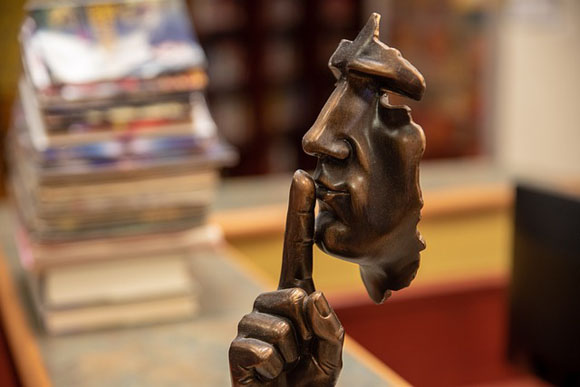
En una pareja donde las partes se respetan, donde cada uno de los miembros valora la integridad física y moral del otro, es bastante probable que haya una comunicación sincera. Acá es muy difícil que el silencio sea una respuesta, por consiguiente el espacio para “el que calla otorga” es casi inexistente.
Distinto es el caso de una pareja donde la violencia física y verbal hacia uno de los integrantes se ha convertido en parte de la convivencia. Acá estaríamos hablando de una situación de víctima y victimario donde la víctima no tiene ninguna garantía para expresar su opinión. Se necesita mucho valor para expresarse libremente en tal situación. En este caso sería temerario concluir que el silencio valida los atropellos del agresor.
Es por eso que en su evolución la sociedad ha ido consagrando ciertos derechos y uno de los más importantes es la libertad de expresión, el poder expresar lo que se siente sin que ello ocasione consecuencias lesivas para la persona. Claro está, esto también tiene un límite, el que no se vulnere el derecho de los demás. No deberíamos usar nuestro derecho de expresarnos para crear malestar a nadie, para hacerles acusaciones infundadas o para someterlos al escarnio público.
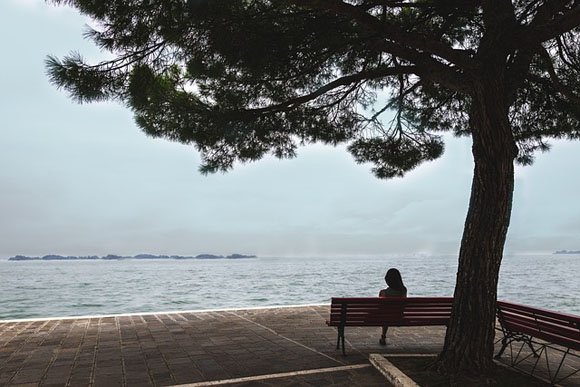
Una de las peores cosas que le puede pasar a un ser humano es perder el derecho a expresarse. Cuando el miedo es tan fuerte como para silenciar nuestra voz el ánimo se resiente. Casi sin darnos cuenta retrocedemos a una situación de sobrevivencia, donde nuestras alarmas interiores permanecen prendidas y se convierten en una poderosa fuente de angustia. En tales condiciones es muy fácil caer en situaciones de impotencia y depresión.
En estos días las cosas están siendo muy difíciles para los venezolanos, la libre expresión del pensamiento está siendo castigada de forma inclemente. Tal arremetida tiene objetivos muy precisos, silenciar a la gente y evitar que reluzca la verdad.
En tales condiciones cada quien va haciendo lo que puede, algunos podrán seguir elevando su voz de protesta y otros guardaran silencio, eso dependerá de los diferentes contextos y de las circunstancias particulares. Pero ese silencio debemos examinarlo con cuidado. No apresurarnos a juzgarlo, no necesariamente quiere decir entrega o claudicación. Cuando la palabra pone la vida en riesgo no se cumple a cabalidad el dicho de “el que calla otorga…”
Gracias por tu tiempo.
.jpg)

Popular language is often a source of great wisdom. Many of its sayings have been formed over time and reflect the experiences of cultures at different times of life. However, sometimes these sayings run the risk of not working in all contexts.
This is the case of the saying "he who is silent is silent", which sometimes is not so rigorous.
Each one of us processes reality to draw conclusions that can be of any kind, for example, approval, disapproval or indifference. Each one of us also decides whether to make known or to keep the conclusions we have drawn. This is part of our personal freedom.
It may be that we do not agree with some event. But if we do not express it, if we do not make our opinion known, there is no way of knowing what we have thought. So our silence can be interpreted as a form of validation, of agreeing with something.
But all these questions are not exhaustive. For opinion to flow freely, certain conditions are necessary, one of which is respect. Without a minimum guarantee that the other party will respect the integrity of the other, silence, transformed into fear, does not necessarily validate any opinion.

In a couple where the parties respect each other, where each of the partners values the physical and moral integrity of the other, it is quite likely that there will be sincere communication. Here it is very difficult for silence to be an answer, therefore the space for "he who is silent gives" is almost nonexistent.
Different is the case of a couple where physical and verbal violence towards one of the partners has become part of the coexistence. Here we would be talking about a situation of victim and victimizer where the victim has no guarantee to express his or her opinion. It takes a lot of courage to express oneself freely in such a situation. In this case it would be reckless to conclude that silence validates the aggressor's outrages.
That is why in its evolution society has been enshrining certain rights and one of the most important is freedom of expression, to be able to express what one feels without causing harmful consequences for the person. Of course, this also has a limit, which is not to violate the rights of others. We should not use our right to express ourselves to create discomfort for anyone, to make unfounded accusations or to subject them to public scorn.

One of the worst things that can happen to a human being is to lose the right to express oneself. When fear is so strong as to silence our voice, our spirits suffer. Almost without realizing it, we regress to a situation of survival, where our inner alarms remain on and become a powerful source of anguish. In such conditions it is very easy to fall into situations of helplessness and depression.
These days things are being very difficult for Venezuelans, the free expression of thought is being punished in an inclement manner. Such onslaught has very precise objectives, to silence the people and prevent the truth from shining through.
In such conditions, everyone is doing what they can, some may continue to raise their voice of protest and others will remain silent, that will depend on the different contexts and particular circumstances. But we must examine this silence carefully. We should not rush to judgment. When the word puts life at risk, the saying "he who is silent gives..." is not fully complied with.
Thank you for your time.
Translated with DeepL.com (free version)

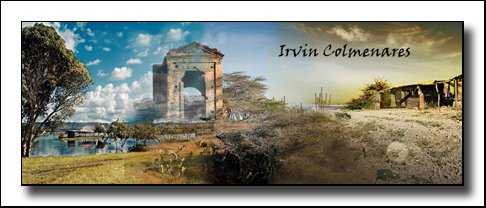


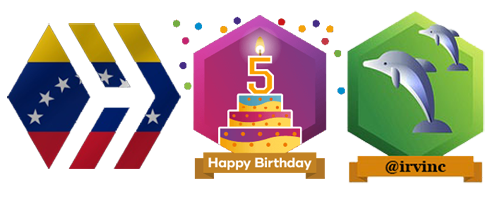

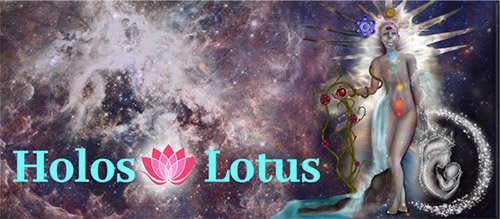

Comunidad Be Entrepreneur
